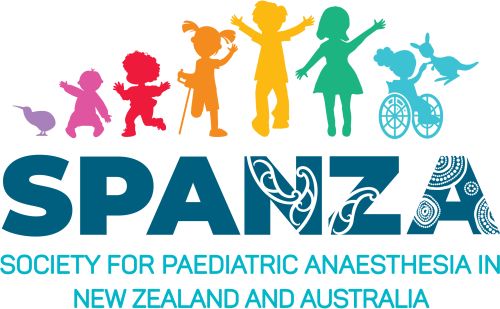Beta Agonists for Prevention of Respiratory Adverse Events in Children Undergoing Adenotonsillectomy
Long-Acting, Short Acting, or Not Acting
Anesthesia Analgesia
Submitted August 2023 by Dr J Houghton
Read by 1047 Journal Watch subscribers
Recent studies have shown a reduction in perioperative respiratory adverse events (PRAE) especially the major PRAEs bronchospasm and laryngospasm with short acting inhaled beta agonists.
This editorial refers to an article that describes the application of a transdermal patch - tulobuterol - as a means of reducing PRAE.
Given this the benefit of a transdermal patch that is not universally available and requires placement 8-10 hours pre procedure is not clear when compared to readily available nebulised beta agonists such as salbutamol.
There are issues with the studies definition of PRAEs especially as desaturation and cough are relatively inconsequential in the setting of airway surgery as opposed to laryngospasm and bronchospasm. The true incidence of laryngospasm and bronchospasm are uncertain but best estimates are 1.7-9.6% for laryngospasm and 1.7% for bronchospasm.Therefore, the study sample size is insufficient to determine a difference in laryngospasm/bronchospasm in the treatment group.
Furthermore, children with known reactive airways disease and recent respiratory tract infection were excluded. Reactive airways are common in children undergoing tonsillectomy and these children are the group at highest risk of PRAEs. By excluding this group of children, the studies applicability is further reduced.
When aiming to reduce PRAEs we should target those at greatest risk ie those with reactive airways or a current or recent RTI. This can be achieved readily with inhaled beta-agonists in a more available and easier to perform manner.



